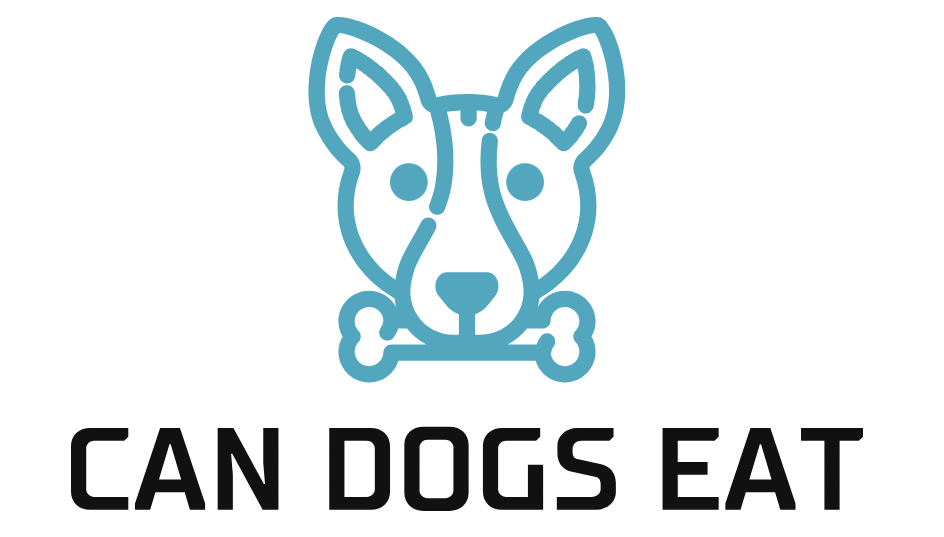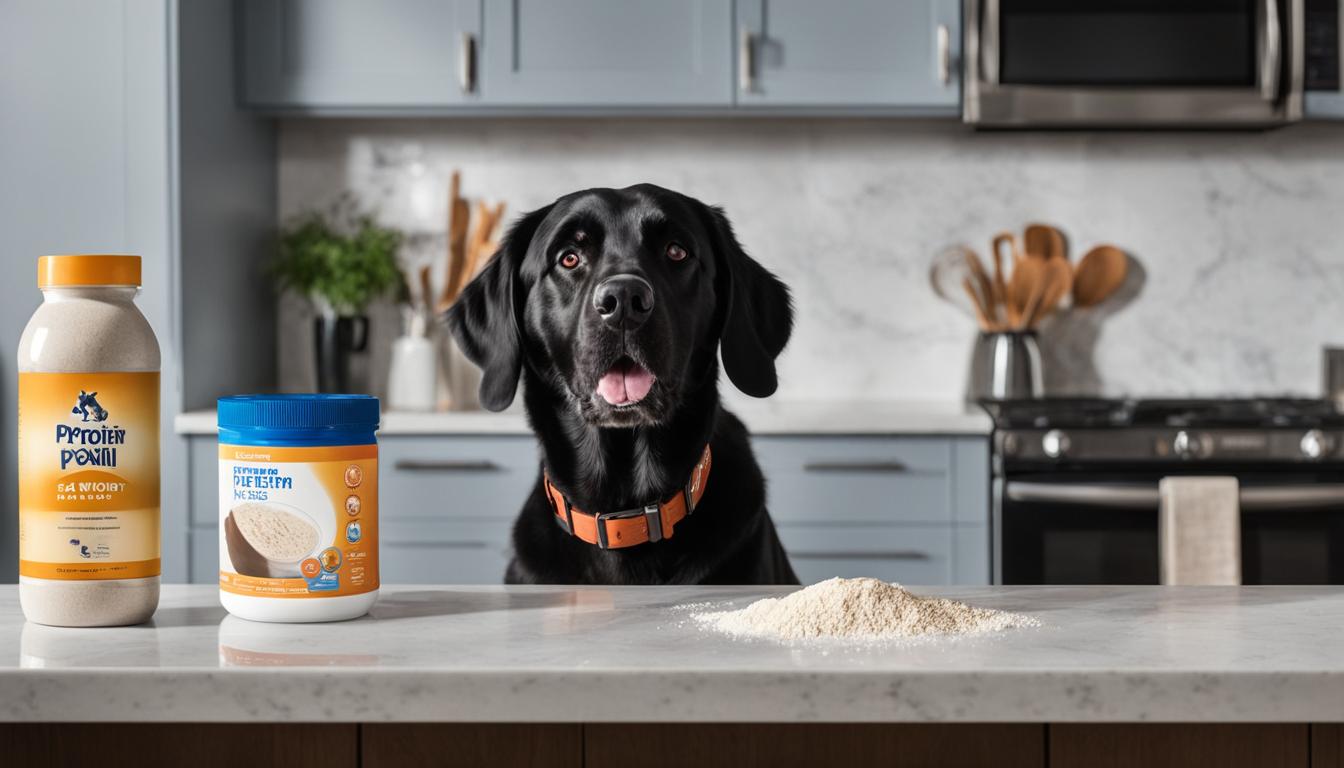No, dogs should not eat butter pecan ice cream due to high sugar and unhealthy fats. Pecans in the ice cream are also toxic for dogs.
While dogs can technically eat butter pecan ice cream in small amounts, it’s important to be cautious. This popular flavor often contains pecans, which can cause gastric intestinal upset or obstruction in dogs. Additionally, butter pecan ice cream may contain other ingredients like sugar and dairy, which can be harmful to dogs in large quantities.
Can Dogs Eat Butter Pecan Ice Cream? Know the Facts!
As a pet owner, I understand the temptation to share our favorite treats with our furry friends. But when it comes to butter pecan ice cream, is it safe to indulge our dogs? Let’s explore the facts and find out!

While dogs can technically eat butter pecan ice cream in small amounts, it’s important to be cautious. This popular flavor often contains pecans, which can cause gastric intestinal upset or obstruction in dogs. Additionally, butter pecan ice cream may contain other ingredients like sugar and dairy, which can be harmful to dogs in large quantities.
It’s crucial to monitor your dog’s intake of butter pecan ice cream and to be aware of any symptoms of discomfort or illness. If you notice any issues, it’s best to consult with a veterinarian for guidance.
Key Takeaways:
- Butter pecan ice cream should be avoided or given sparingly to dogs due to potential health risks.
- Pecans, a key ingredient in butter pecan ice cream, can cause gastric intestinal upset or obstruction in dogs.
- Butter pecan ice cream may contain other harmful ingredients like sugar and dairy.
- Monitor your dog’s intake and consult a veterinarian if any symptoms occur.
- There are safer alternatives for dogs, such as dog-friendly frozen yogurt or homemade frozen treats using dog-friendly ingredients.
The Dangers of Pecans for Dogs
Pecans may be a tasty treat for humans, but they can pose serious risks to our furry friends. It’s important to understand the dangers of pecans for dogs to ensure their safety and well-being.
Moldy Pecans and Toxicity
Moldy pecans can contain a toxin called juglone, which is harmful to dogs. If a dog consumes moldy pecans, they may experience seizures and neurological symptoms. It’s crucial to keep pecans out of reach and regularly check for any signs of mold on nuts that may be accessible to your dog.
Aflatoxin Poisoning
Pecans also contain a natural poison called aflatoxin, which is produced by a mold called aspergillus. This toxin can be fatal to dogs if consumed in large quantities. It’s important to be cautious and prevent dogs from ingesting pecans, especially if they are exposed to mold or have access to a large amount of nuts.
Gastric Intestinal Upset and Obstruction
In addition to the toxins found in pecans, they can also cause gastric intestinal upset in dogs. Symptoms may include vomiting, diarrhea, and loss of appetite. Pecans can also lead to the formation of bladder stones and obstruction in a dog’s digestive system. It’s essential to be aware of these potential risks and seek veterinary care if your dog shows any signs of pecan consumption or related illnesses.
| Type of Risk | Effects on Dogs |
|---|---|
| Toxicity from Moldy Pecans | Seizures, neurological symptoms |
| Aflatoxin Poisoning | Potentially fatal if consumed in large quantities |
| Gastric Intestinal Upset | Vomiting, diarrhea, loss of appetite |
| Obstruction and Bladder Stones | Obstruction in the digestive system, formation of bladder stones |
As responsible dog owners, it’s crucial to prioritize our pets’ health and avoid exposing them to potential dangers. Avoid giving your dog pecans and ensure they cannot access them. Instead, provide safe and dog-friendly treats such as fresh fruits (in moderation) or frozen yogurt made specifically for dogs. Always consult with your veterinarian for guidance on appropriate treats and dietary choices for your furry friend.

Alternative Treats for Dogs
If you’re looking for safe and healthy alternatives to butter pecan ice cream for your furry friend, there are plenty of options to consider. These dog-friendly treats will keep your pup happy and satisfied without compromising their health.
One option is to offer your dog fruits such as strawberries, blueberries, and watermelon. These fruits are not only delicious but also packed with nutrients. Just remember to remove any seeds or pits before giving them to your dog, as these can pose a choking hazard.
If your pup enjoys frozen treats, you can try frozen yogurt made specifically for dogs. Unlike regular ice cream, dog-friendly frozen yogurt is formulated with ingredients that are safe and healthy for your four-legged companion. It’s a great way to cool them down on a hot day without the negative side effects of traditional ice cream.
Another great option is to make homemade frozen treats using simple ingredients like plain yogurt, mashed bananas, and peanut butter. These treats are easy to make and allow you to control what goes into them. Plus, they provide a tasty and healthy alternative to store-bought treats.
FAQ
Can dogs eat butter pecan ice cream?
Dogs can eat butter pecan ice cream in small amounts, but it is not recommended due to the potential for negative health effects.
What are the dangers of pecans for dogs?
Pecans, which are a key ingredient in butter pecan ice cream, can cause gastric intestinal upset or obstruction in dogs. Pecans also contain toxins that can be harmful to dogs if consumed in large quantities.
What symptoms can dogs experience if they eat pecans?
Dogs that eat pecans can experience gastric intestinal upset, including vomiting, diarrhea, and loss of appetite. Pecans can also cause bladder stones and obstruction in a dog’s digestive system.
What should I do if my dog has consumed pecans?
It is crucial to keep pecans out of reach of dogs and to contact a veterinarian if your dog has consumed pecans or shows any symptoms of pecan poisoning.
Are there alternative treats for dogs?
Yes, instead of offering butter pecan ice cream to your dog, there are plenty of safe and healthy alternatives that you can provide as treats. Fruits like strawberries, blueberries, and watermelon can be given to dogs in moderation as a refreshing snack. Frozen yogurt made specifically for dogs is also a great option for a frozen treat without harmful ingredients. Homemade frozen treats using ingredients like plain yogurt, mashed bananas, and peanut butter are also a healthy and safe option for dogs.
Should I consult with a veterinarian before introducing new treats to my dog’s diet?
Yes, it is always important to consider your dog’s specific dietary needs and consult with a veterinarian before introducing any new treats into their diet.
Can dogs eat pecans?
Yes, dogs can eat pecans in small amounts. However, it’s important to note that pecans contain a high fat content, which can lead to pancreatitis or gastrointestinal upset if consumed in large quantities.
Is butter pecan ice cream safe for dogs?
No, dogs should not eat butter pecan ice cream. While plain vanilla ice cream may be safe in small amounts, butter pecan ice cream contains additional ingredients such as pecans and potentially harmful sweeteners that can be toxic to dogs.
Can dogs eat vanilla ice cream?
Yes, dogs can eat vanilla ice cream in small amounts. However, it’s important to choose plain, unflavored vanilla ice cream without any mix-ins or add-ons such as chocolate, nuts, or xylitol sweetener, as these can be harmful to dogs.
Are ice cream cones safe for dogs to eat?
Ice cream cones themselves are not toxic to dogs. However, they can pose a choking hazard or cause gastrointestinal blockage if consumed in large pieces. It’s best to remove the cone before offering ice cream to your dog.
Can dogs eat dairy products like ice cream?
Dogs may have difficulty digesting lactose, the sugar found in dairy products, including ice cream. While small amounts of plain vanilla ice cream may not cause significant issues, it’s generally best to avoid feeding dogs large quantities of dairy products to prevent digestive upset and potential lactose intolerance symptoms.
What should I do if my dog ate ice cream?
If your dog consumed a small amount of plain vanilla ice cream without any harmful ingredients or additives, it is unlikely to cause serious harm. However, keep an eye out for any signs of gastrointestinal upset such as vomiting or diarrhea. If you notice any concerning symptoms, contact your veterinarian for further guidance.
Can dogs eat frozen yogurt?
Frozen yogurt can be a safe alternative to ice cream for dogs, provided it does not contain any ingredients that are toxic to them, such as chocolate or artificial sweeteners. Always opt for plain frozen yogurt without any mix-ins or toppings.
Is it normal for dogs to vomit after eating ice cream?
While it is not normal for dogs to vomit after eating ice cream, some dogs may be more sensitive to dairy products or certain ingredients in ice cream, leading to gastrointestinal upset. If your dog frequently vomits after consuming ice cream, it’s best to avoid feeding it to them.
Can adult dogs eat ice cream?
Adult dogs can eat small amounts of plain vanilla ice cream as an occasional treat. However, it’s important to monitor their response





Leave a Reply